 Taxi To The Darkside
Taxi To The Darkside
Sunday, June 17-------At the risk of being a moth-eaten cliche, the term "fog of war" is now routinely used to describe a state where political, strategic and moral choices in areas of conflict become shaded by the exigencies of human response to violence and an abandonment of an ethical compass that determines policy and behavior. This "fog of war" has certainly descended on the chaos that is now unfolding in the Middle East, both in the five-year conflicts in Afghanistan and Iraq, and the yet again dangerously unstable stalemate between Israel and its Arab neighbors. As famously elucidated in Erroll Morris' Oscar-winning documentary THE FOG OF WAR, decisions made in this haze often have unexpected consequences that make the struggles even more vehement.
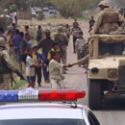 This past week, SILVERDOCS has presented a program of perceptive, thought-provoking and challenging films that explore the "slippery slope" when individuals and governments betray their innate moral frameworks. This is chillingly explored in two excellent documentaries by American filmmakers that screened in the past few days. NO END IN SIGHT, which had its East Coast Premiere at the event, marks a highly impressive debut for director Charles Ferguson. The director examines in painstaking detail the failed decisions that marked the early years of the Iraq War. By interviewing key strategists responsible for early policymaking (who have since recanted their support) who make clear how the Bush Administration has mismanaged the conflict from its very early days. By dismissing Iraqi experts in the State Department and repressing information that did not fit in with their rhetoric, the Bushies installed policy hacks without the breadth of experience, cultural sensitivity or long hard-won relationships that would have held out any possibility of a successful outcome. That the Republicans, who portray themselves as hardnosed management types (as contrasted to the lilly-livered liberals in the Democratic Party), are shown up to be all facade with little intellectual or strategic backup, is a harrowing critique of the Republican claims for justification for the war or a plan to end it. The film, which demands to be seen by a wide audience, will be released later this year by Magnolia Pictures.
This past week, SILVERDOCS has presented a program of perceptive, thought-provoking and challenging films that explore the "slippery slope" when individuals and governments betray their innate moral frameworks. This is chillingly explored in two excellent documentaries by American filmmakers that screened in the past few days. NO END IN SIGHT, which had its East Coast Premiere at the event, marks a highly impressive debut for director Charles Ferguson. The director examines in painstaking detail the failed decisions that marked the early years of the Iraq War. By interviewing key strategists responsible for early policymaking (who have since recanted their support) who make clear how the Bush Administration has mismanaged the conflict from its very early days. By dismissing Iraqi experts in the State Department and repressing information that did not fit in with their rhetoric, the Bushies installed policy hacks without the breadth of experience, cultural sensitivity or long hard-won relationships that would have held out any possibility of a successful outcome. That the Republicans, who portray themselves as hardnosed management types (as contrasted to the lilly-livered liberals in the Democratic Party), are shown up to be all facade with little intellectual or strategic backup, is a harrowing critique of the Republican claims for justification for the war or a plan to end it. The film, which demands to be seen by a wide audience, will be released later this year by Magnolia Pictures.
 TAXI TO THE DARKSIDE, by Alex Gibney (the prime mover behind the excellent treatise of corporate corruption, ENRON: THE SMARTEST GUYS IN THE ROOM) forces viewers to confront the moral outrage of limitless incarceration, prisoner humiliation and acceptance of torture as a strategic intelligence gathering technique in the current "war on terror". By following the fate of a single Afghani taxi driver, who is arrested in a dragnet without any real evidence of wrongdoing, the film takes viewers on a "terror tour" of prison abuses at Bagram (Afghanistan), Abu Ghraib (Iraq) and Guantanemo (Cuba). As harrowing are the legal maneuvers by Bush Administration lawyers to justify their abandonment of the Geneva Conventions restrictions and international law citations to justify the indefinite detention of suspects (without being charged, being tried, or even having access to lawyers or family members), as well as the heinous transgressions of humiliation and physical and psychological torture. That the Afghani taxi driver (whose guilt by association was flimsy at best) actually died due to severe beatings only heightens the outrage.....unfortunately, that outrage has barely swayed Administration policy. That this has been done "in our name" makes it only more morally repugnant. This is tough stuff and difficult to watch, but essential viewing. Luckily, the film, which won top documentary honors at the Tribeca Film Festival, will be widely released by ThinkFilm later this summer. It hopefully will stir the conscience of audiences who will be forced to confront the moral transgressions our government has perpetrated, all in the name of saving us (but what about our souls?).
TAXI TO THE DARKSIDE, by Alex Gibney (the prime mover behind the excellent treatise of corporate corruption, ENRON: THE SMARTEST GUYS IN THE ROOM) forces viewers to confront the moral outrage of limitless incarceration, prisoner humiliation and acceptance of torture as a strategic intelligence gathering technique in the current "war on terror". By following the fate of a single Afghani taxi driver, who is arrested in a dragnet without any real evidence of wrongdoing, the film takes viewers on a "terror tour" of prison abuses at Bagram (Afghanistan), Abu Ghraib (Iraq) and Guantanemo (Cuba). As harrowing are the legal maneuvers by Bush Administration lawyers to justify their abandonment of the Geneva Conventions restrictions and international law citations to justify the indefinite detention of suspects (without being charged, being tried, or even having access to lawyers or family members), as well as the heinous transgressions of humiliation and physical and psychological torture. That the Afghani taxi driver (whose guilt by association was flimsy at best) actually died due to severe beatings only heightens the outrage.....unfortunately, that outrage has barely swayed Administration policy. That this has been done "in our name" makes it only more morally repugnant. This is tough stuff and difficult to watch, but essential viewing. Luckily, the film, which won top documentary honors at the Tribeca Film Festival, will be widely released by ThinkFilm later this summer. It hopefully will stir the conscience of audiences who will be forced to confront the moral transgressions our government has perpetrated, all in the name of saving us (but what about our souls?).
 A rare uplifting story in the moral morass is expressed in the film ENEMIES OF HAPPINESS, a Sundance Film Festival award winner by Danish director Eva Mulvad. The film tells the story of an extraordinary woman on an extraordinary mission. Malalai Joya is an Afghan activist who set her sights on becoming the first woman elected to the new Afghani Parliament. The film follows her through several weeks of her grueling campaign, where she serves as an inspiration for women who were harshly repressed under the Taliban but is often criticized by Afghani traditionalists (men, of course) who are uncomfortable with a vocal and public role for women in their Muslim nation. Although she was successful in getting her seat in Parliament, she has since been censured by that same body and denied access, due to her public criticism of the prejudices and corruption of the system. This remarkable woman keeps up the good fight, and is a rare but shining example of the potential of democracy and equal treatment that lies beneath the surface of centuries of prejudice and conflict.
A rare uplifting story in the moral morass is expressed in the film ENEMIES OF HAPPINESS, a Sundance Film Festival award winner by Danish director Eva Mulvad. The film tells the story of an extraordinary woman on an extraordinary mission. Malalai Joya is an Afghan activist who set her sights on becoming the first woman elected to the new Afghani Parliament. The film follows her through several weeks of her grueling campaign, where she serves as an inspiration for women who were harshly repressed under the Taliban but is often criticized by Afghani traditionalists (men, of course) who are uncomfortable with a vocal and public role for women in their Muslim nation. Although she was successful in getting her seat in Parliament, she has since been censured by that same body and denied access, due to her public criticism of the prejudices and corruption of the system. This remarkable woman keeps up the good fight, and is a rare but shining example of the potential of democracy and equal treatment that lies beneath the surface of centuries of prejudice and conflict.
 Sari's MotherSeveral short films explore the little-seen conditions on the ground that have resulted from the chaos of armed conflict in Afghanistan and Iraq. SARI'S MOTHER, by James Longley, is a heart-rending portrait of an Iraqi mother who must navigate through the broken Iraqi health care system to find medical aid for her 10 year-old-son who has contracted the AIDS virus through the national blood supply system. IRAQI KURDISTAN, by Ed Kashi, portrays the tenuous calm and normalcy of the semi-autonomous Kurdish region in the north of Iraq, an area that has (comparatively) prospered after removing the yoke of Saddam Hussein's decades-long oppression of its people. UK director David Modell aims his camera at the homefront in WAR TORN: STORIES OF SEPERATION, a first-person account of the experience of women who deal with domestic disruption and emotional uncertainly while their husbands are on impossibly long tours of duty.
Sari's MotherSeveral short films explore the little-seen conditions on the ground that have resulted from the chaos of armed conflict in Afghanistan and Iraq. SARI'S MOTHER, by James Longley, is a heart-rending portrait of an Iraqi mother who must navigate through the broken Iraqi health care system to find medical aid for her 10 year-old-son who has contracted the AIDS virus through the national blood supply system. IRAQI KURDISTAN, by Ed Kashi, portrays the tenuous calm and normalcy of the semi-autonomous Kurdish region in the north of Iraq, an area that has (comparatively) prospered after removing the yoke of Saddam Hussein's decades-long oppression of its people. UK director David Modell aims his camera at the homefront in WAR TORN: STORIES OF SEPERATION, a first-person account of the experience of women who deal with domestic disruption and emotional uncertainly while their husbands are on impossibly long tours of duty.
 After a period of relative calm, the Israel/Palestinian conflict is again bubbling over, with the apparent victory of Hamas in the Gaza Strip, creating a crisis for the pro-Western Palestinian government of President Abbas. Part of the reason for this renewed conflict are the presence of Palestinian prisoners serving long sentences in Israeli prisons for suicide bombings and other violent acts. A selection of these prisoners, serving time in the massive prison in Ashkalon, are the focus of HOTHOUSE, a provocative film by Shimon Dotan. The irony at place here is that while the prisoners are no longer free to organize similar activities on the outside, their imprisonment has served to further radicalize them, and serves as a combustible incentive for Hamas to harden its line against the State of Israel.
After a period of relative calm, the Israel/Palestinian conflict is again bubbling over, with the apparent victory of Hamas in the Gaza Strip, creating a crisis for the pro-Western Palestinian government of President Abbas. Part of the reason for this renewed conflict are the presence of Palestinian prisoners serving long sentences in Israeli prisons for suicide bombings and other violent acts. A selection of these prisoners, serving time in the massive prison in Ashkalon, are the focus of HOTHOUSE, a provocative film by Shimon Dotan. The irony at place here is that while the prisoners are no longer free to organize similar activities on the outside, their imprisonment has served to further radicalize them, and serves as a combustible incentive for Hamas to harden its line against the State of Israel.
 Amidst all the thought-provoking and sometimes downright suppressing atmosphere of the above films, thankfully another film that addresses the conflict in the region provides a ray of hope. Hope is always invested in the next generation, and in the film BRIDGE OVER THE WADI, by Tomer Heymann and Barak Heymann, that quality is being enhanced in a daring social experiment. At the Bridge Over The Wadi elementary school in an Israeli/Palestinian border town, Jewish and Arab children are educated together, each having to learn the other's language. There are two teachers for each class (one Jewish, one Palestinian) and an equal number of students. The children celebrate one another's holidays and have frequent playdates at each other's homes. The school's mandate is a simple one....to create meaningful interactions between the Jewish and Arabic populations of the town by engaging with one another on a human level. By accentuating their common needs and hopes, as opposed to the areas of conflict, the school is doing what their respective governments cannot seem to.....find a way for the two peoples to live in harmony. That is a goal for us all and one that this enchanting film reminds us is within our reach....if only we will open ourselves up enough to learn its lessons.
Amidst all the thought-provoking and sometimes downright suppressing atmosphere of the above films, thankfully another film that addresses the conflict in the region provides a ray of hope. Hope is always invested in the next generation, and in the film BRIDGE OVER THE WADI, by Tomer Heymann and Barak Heymann, that quality is being enhanced in a daring social experiment. At the Bridge Over The Wadi elementary school in an Israeli/Palestinian border town, Jewish and Arab children are educated together, each having to learn the other's language. There are two teachers for each class (one Jewish, one Palestinian) and an equal number of students. The children celebrate one another's holidays and have frequent playdates at each other's homes. The school's mandate is a simple one....to create meaningful interactions between the Jewish and Arabic populations of the town by engaging with one another on a human level. By accentuating their common needs and hopes, as opposed to the areas of conflict, the school is doing what their respective governments cannot seem to.....find a way for the two peoples to live in harmony. That is a goal for us all and one that this enchanting film reminds us is within our reach....if only we will open ourselves up enough to learn its lessons.
Sandy Mandelberger, Festival Online Dailies Editor
 Sandy Mandelberger
Sandy Mandelberger 

























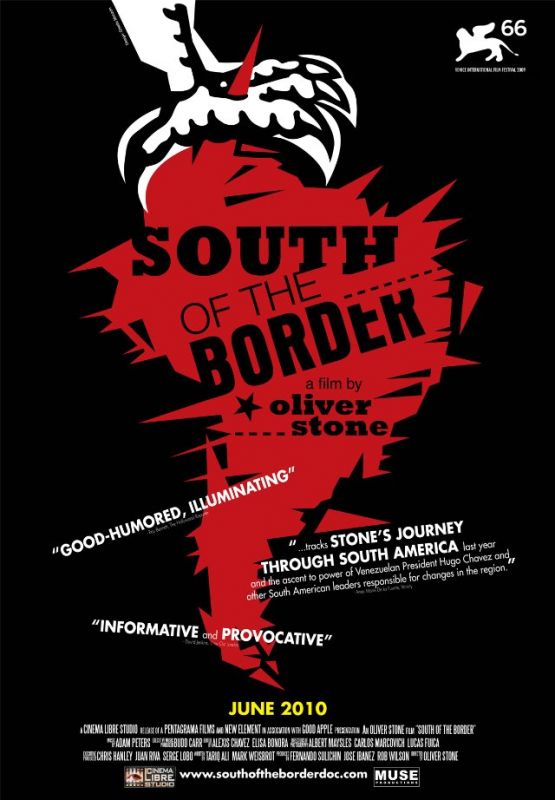
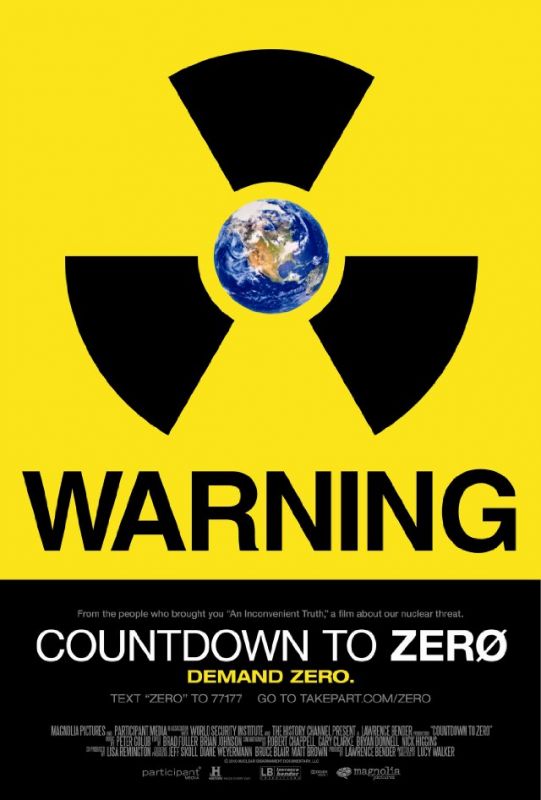
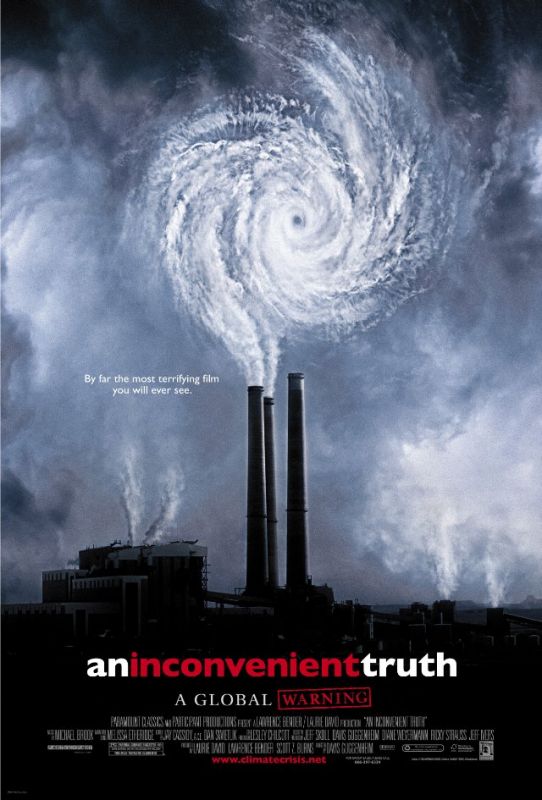
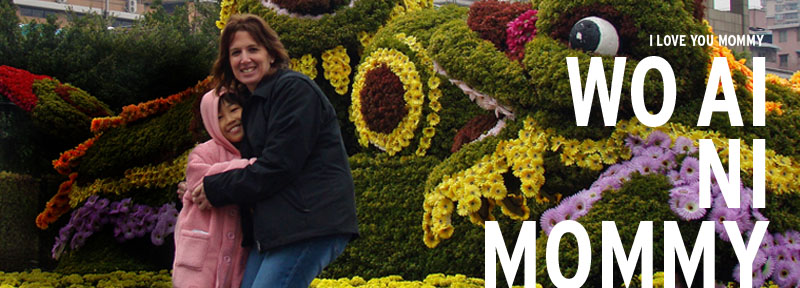
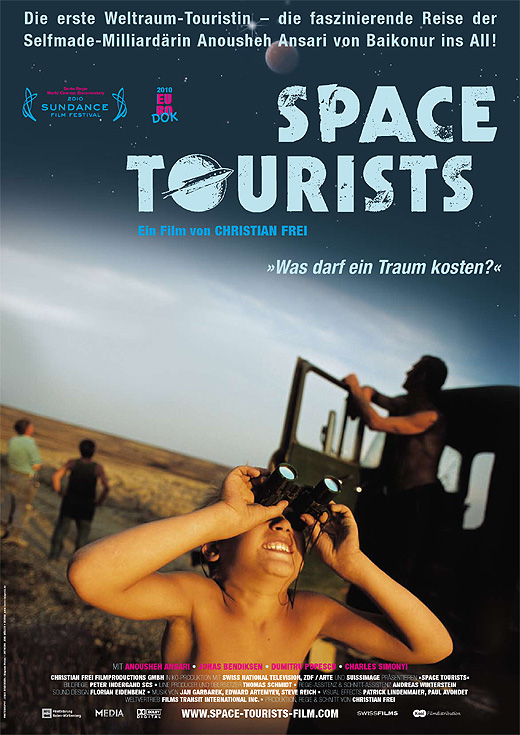
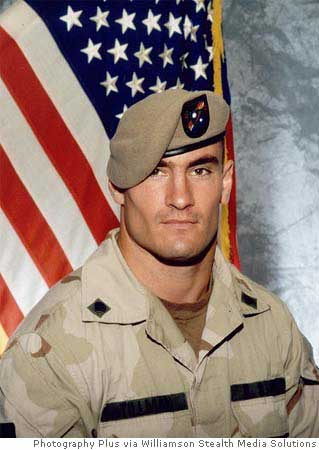




Comments (1)
treatment
Well nobody actually knows what happens on the front what those soldiers do...with the prisoners ....but some of them are crazy...and enjoy hurting them Opiate Addiction